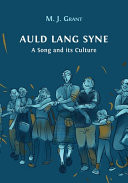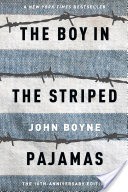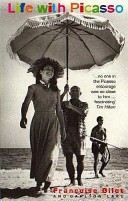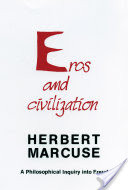the superego. It originates from the long dependency of the infant on his parents; the parental influence remains the core of the superego. Subsequently, a number of societal and cultural influences are taken in by the superego until it coagulates into the powerful representative of established morality and “what people call the ‘higher‘ things in human life.”


















